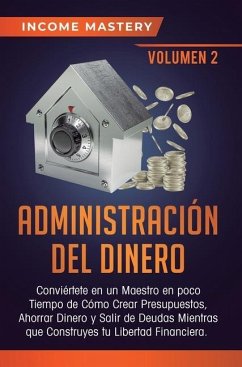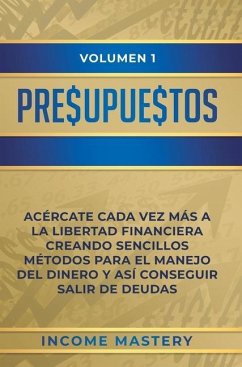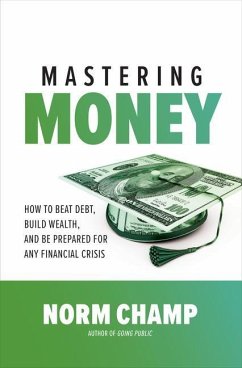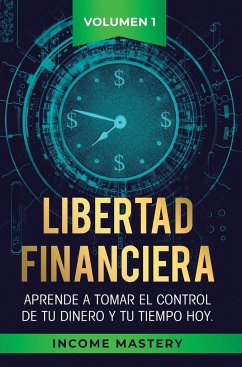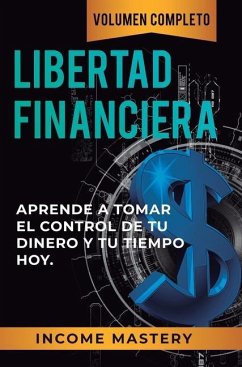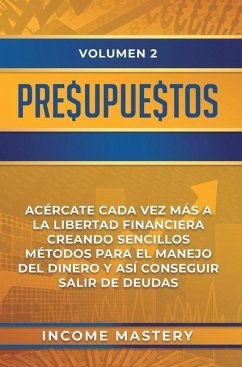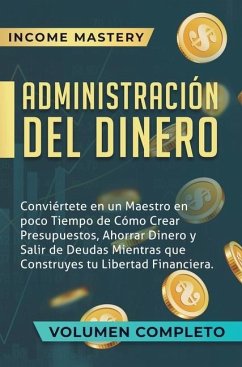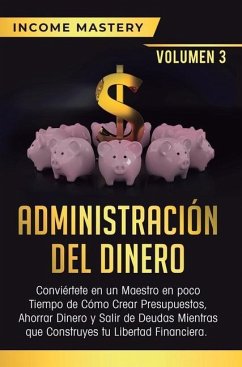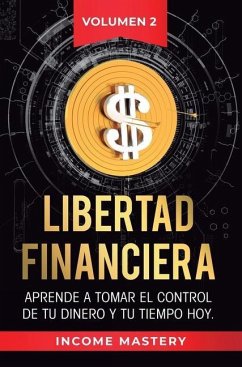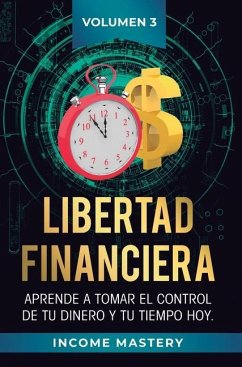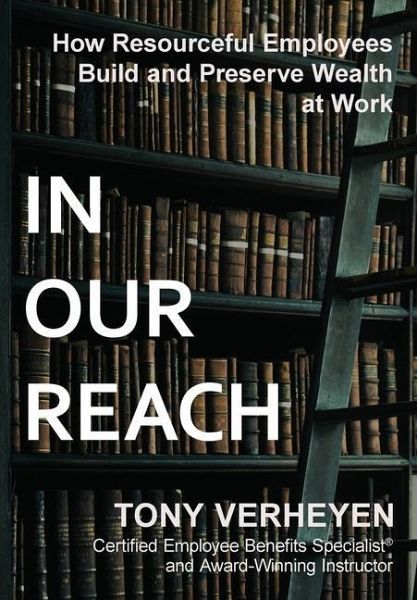
In Our Reach
How Resourceful Employees Build and Preserve Wealth at Work
Versandkostenfrei!
Versandfertig in über 4 Wochen
20,99 €
inkl. MwSt.

PAYBACK Punkte
10 °P sammeln!
Why were so many Americans unprepared for COVID-19's financial fallout? Within weeks or months, it eviscerated their earnings, savings, credit, investments, and insurance. The pandemic's terrible effects will be felt in millions of households for years. But it didn't affect everyone's financial wellbeing, did it? Since 1995, I've helped tens of thousands of people improve their financial health. While they represent a wide range of diverse backgrounds, the overwhelming majority share three general characteristics. First, they derive the bulk of their financial wherewithal by working as traditi...
Why were so many Americans unprepared for COVID-19's financial fallout? Within weeks or months, it eviscerated their earnings, savings, credit, investments, and insurance. The pandemic's terrible effects will be felt in millions of households for years. But it didn't affect everyone's financial wellbeing, did it? Since 1995, I've helped tens of thousands of people improve their financial health. While they represent a wide range of diverse backgrounds, the overwhelming majority share three general characteristics. First, they derive the bulk of their financial wherewithal by working as traditional employees. Second, they manage part or all of their wealth without the assistance of paid advisors. And third, they don't need, want, or have time for meaningless busywork, daily affirmations, or mumbo jumbo. Over time, I've noticed that some of the people that I meet and help consistently do all of the right things. They stand apart from their peers but aren't the usual suspects (e.g., high income, prestigious degrees, entrepreneurs). They're employees at all levels that exhibit conscious approaches, strong mindsets, and unrelenting devotions to succeeding in good times and bad. I realize that many people get their money insights at work, and from Google, YouTube, and Amazon's Alexa, but I don't believe that serves them well. So, I wrote In Our Reach to begin a dialogue with people that I enjoy serving by giving them a straightforward and sustainable framework for getting ahead and revealing steps that their resourceful peers take by using the resources in their reach. I believe that it's a better path, and I want to put the same strategies in your reach. This isn't a workbook, textbook, or vanity book. It's a 332-page guide offering practical insights and solutions to pre-paycheck and post-paycheck financial problems. It consists of 6 sections. The first helps readers develop a conscious approach to financial wellbeing and the last calls them to embrace an unrelenting devotion to making their efforts sustainable. The sections in between focus on steps to strengthen their four core financial mindsets. An appendix is also included to share planning tools that I've been using to help DIY financial planners since 2006.



